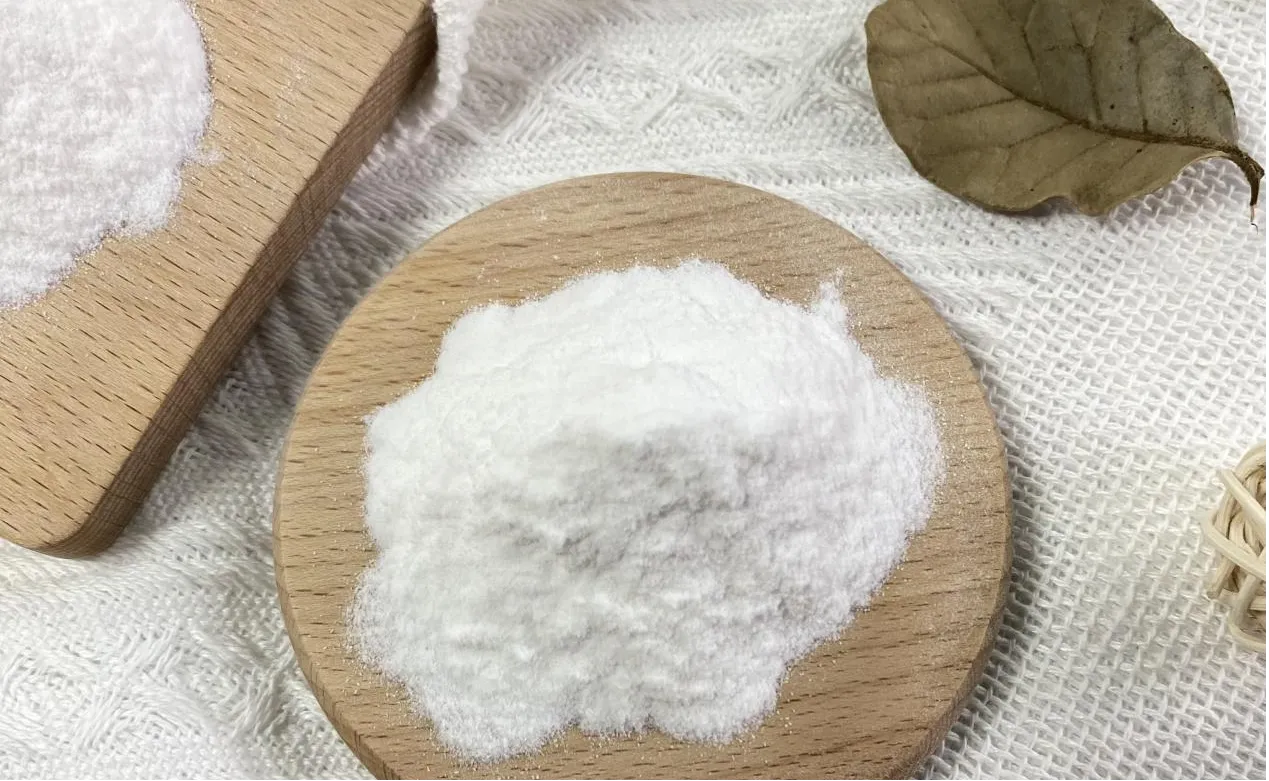
The Versatile Applications of Cellulose Across Industries
Exploring the Types of Cellulose
Cellulose is a natural polymer derived from plant cell walls, making it one of the most abundant organic compounds on Earth. Cellulose is found in various plant-based materials and is essential in multiple industries. There are different types of cellulose, each with unique properties and applications. For instance, Sigmacell cellulose type 20 is a microcrystalline cellulose often used in laboratory research and chromatography.

Another common derivative is hydroxyethyl cellulose, a water-soluble cellulose ether widely utilized in coatings, cosmetics, and pharmaceuticals. In powdered form, hydroxyethyl cellulose powder enhances the viscosity and stability of solutions, making it an ideal thickening agent in various applications.
Cellulose also plays a crucial role in industrial adhesives and packaging. Cellulose tape, a biodegradable adhesive product, is an eco-friendly alternative to synthetic tapes, widely used for packaging, stationery, and medical applications. Additionally, celulosa blanca is commonly used in the production of high-quality paper, textiles, and filtration materials due to its purity and durability.

Industrial and Food Applications of Cellulose
One of the most versatile cellulose derivatives is sodium carboxymethyl, commonly used as a stabilizer and emulsifier in food products, pharmaceuticals, and detergents. Its ability to retain moisture and improve texture makes it a valuable additive in diverse industries.
Another critical process involving cellulose is dissolving cellulose, which refers to breaking down cellulose fibers to create regenerated cellulose products like rayon and cellophane. This process is essential in textile and film manufacturing, offering sustainable alternatives to synthetic materials. Fiber made from cellulose is widely used in the textile industry to create breathable, comfortable, and eco-friendly fabrics.

In the medical and pharmaceutical industries, Hydroxymethylcellulose lubricant is an essential ingredient in eye drops and artificial tears, providing moisture and relief for dry eyes. This cellulose-based lubricant is also used in personal care products and medical formulations.
The cellulose industry also relies on cellulose fiber suppliers to provide high-quality raw materials for various applications, from construction materials to food additives. Additionally, the ethyl cellulose price fluctuates based on market demand, quality, and production costs, as ethyl cellulose is a crucial ingredient in coatings, controlled-release pharmaceuticals, and food packaging.

De Sigmacell cellulose type 20 in research to hydroxyethyl cellulose powder in industrial applications, cellulose and its derivatives continue to revolutionize industries. With its diverse applications in textiles, packaging, food, and pharmaceuticals, cellulose remains a fundamental resource supporting sustainability and innovation.
-
Hydroxypropyl Starch as a Sustainable Construction AdditiveNewsNov.24,2025
-
The Gelation Properties of CMCNewsNov.21,2025
-
Redispersible Latex Powder and Water Retention CapacityNewsNov.21,2025
-
Dosage Control for Polycarboxylate Water ReducerNewsNov.21,2025
-
Film-Forming Properties of Polyvinyl AlcoholNewsNov.21,2025
-
The Function of Gypsum Additives in MortarNewsNov.21,2025





















